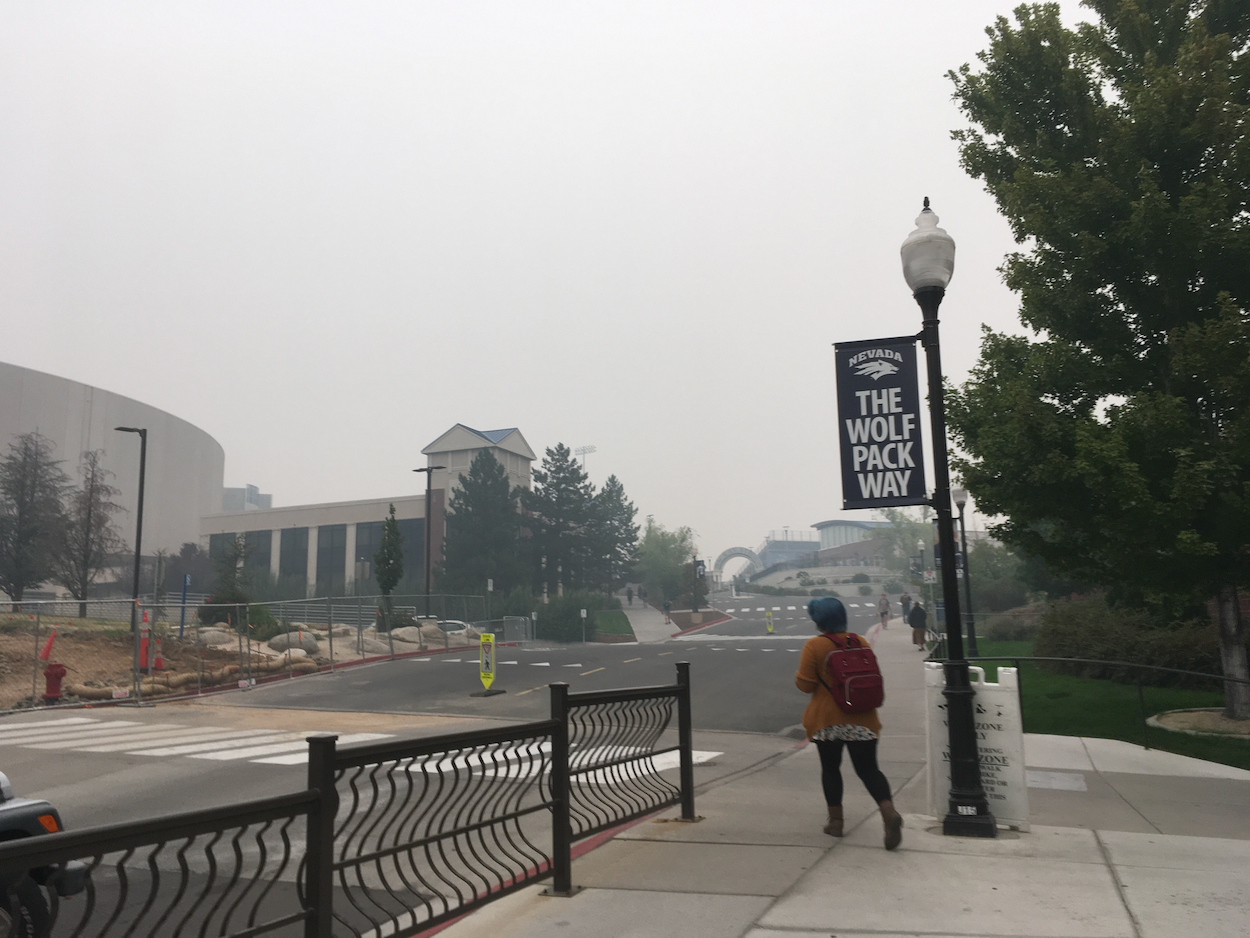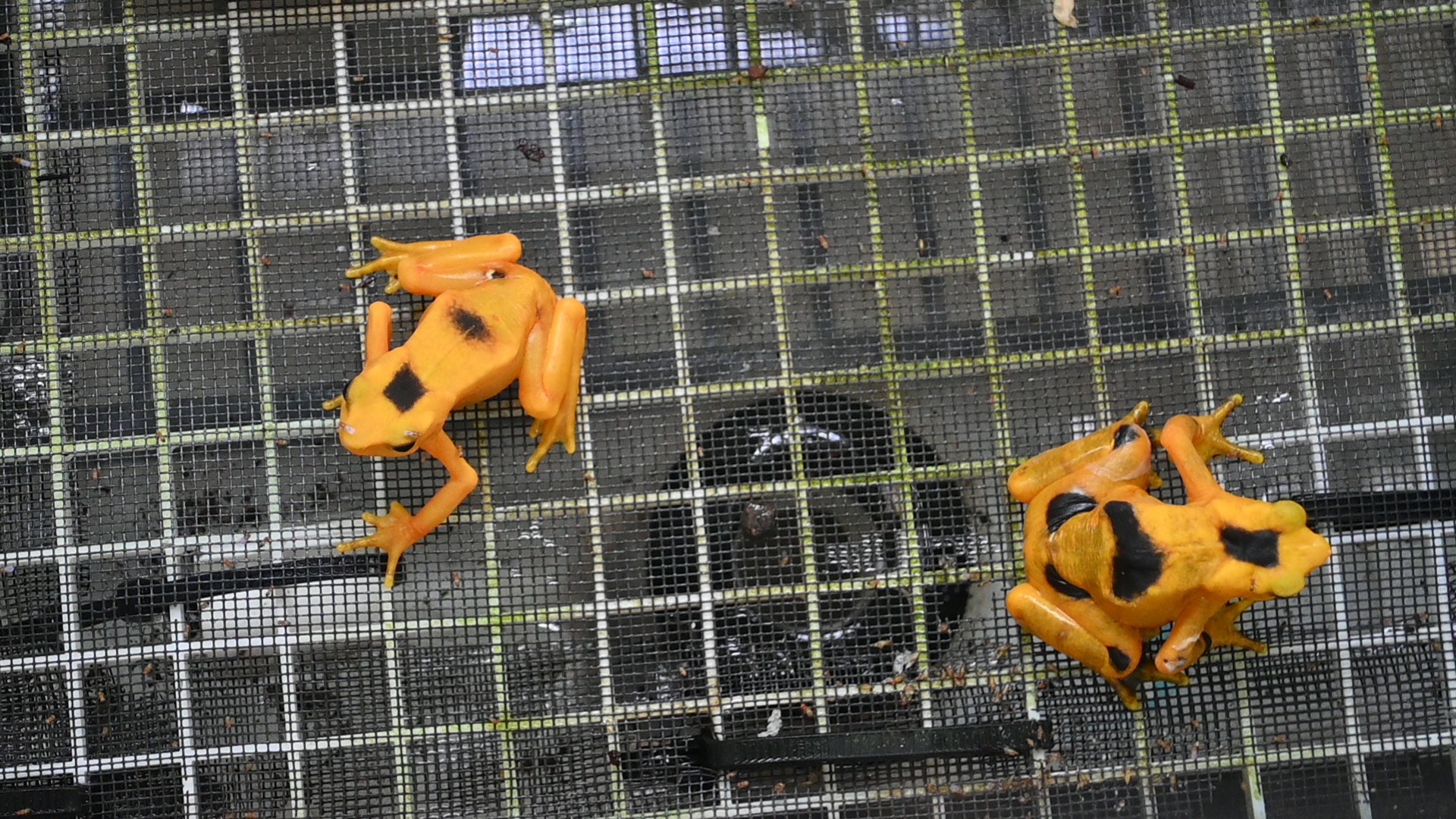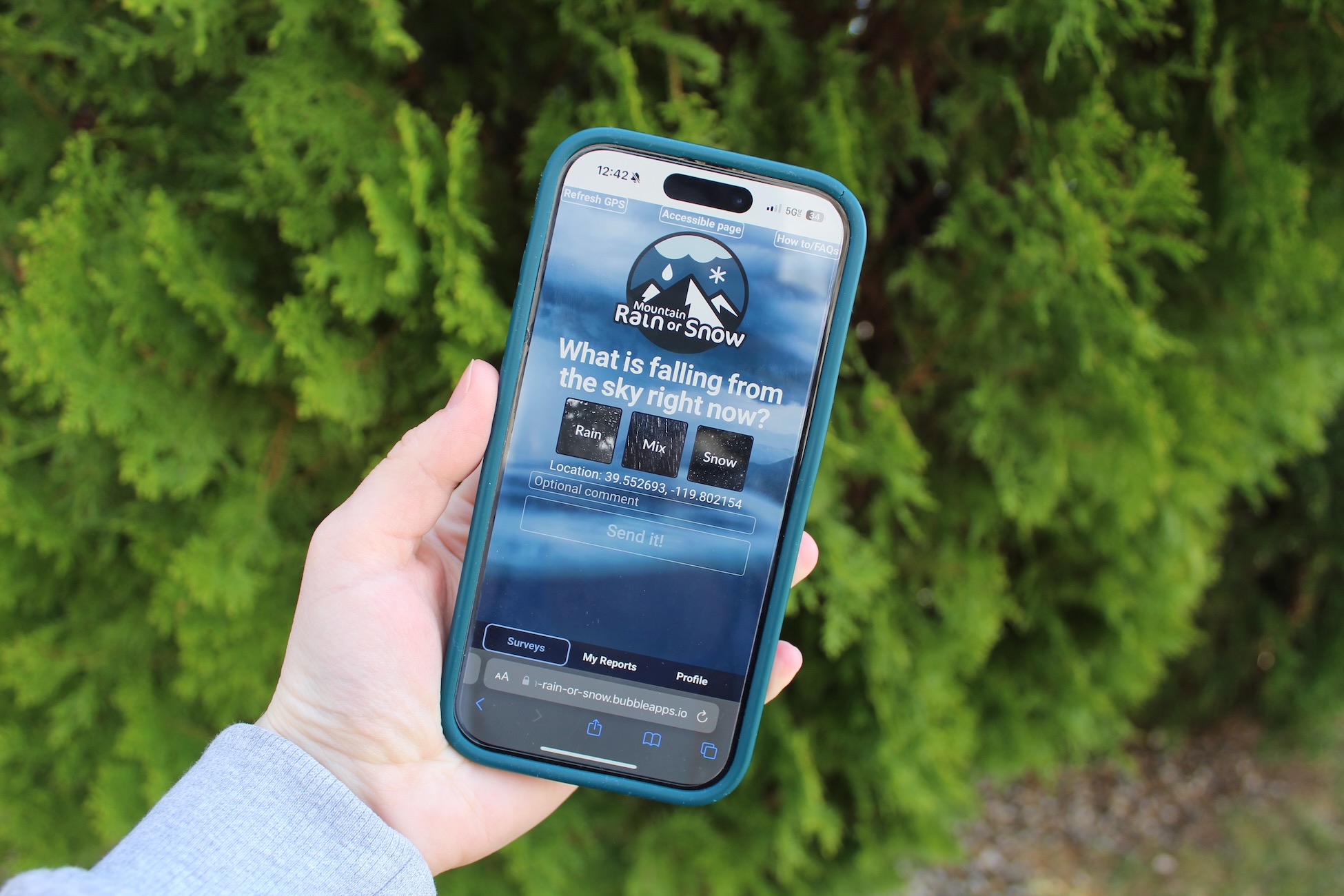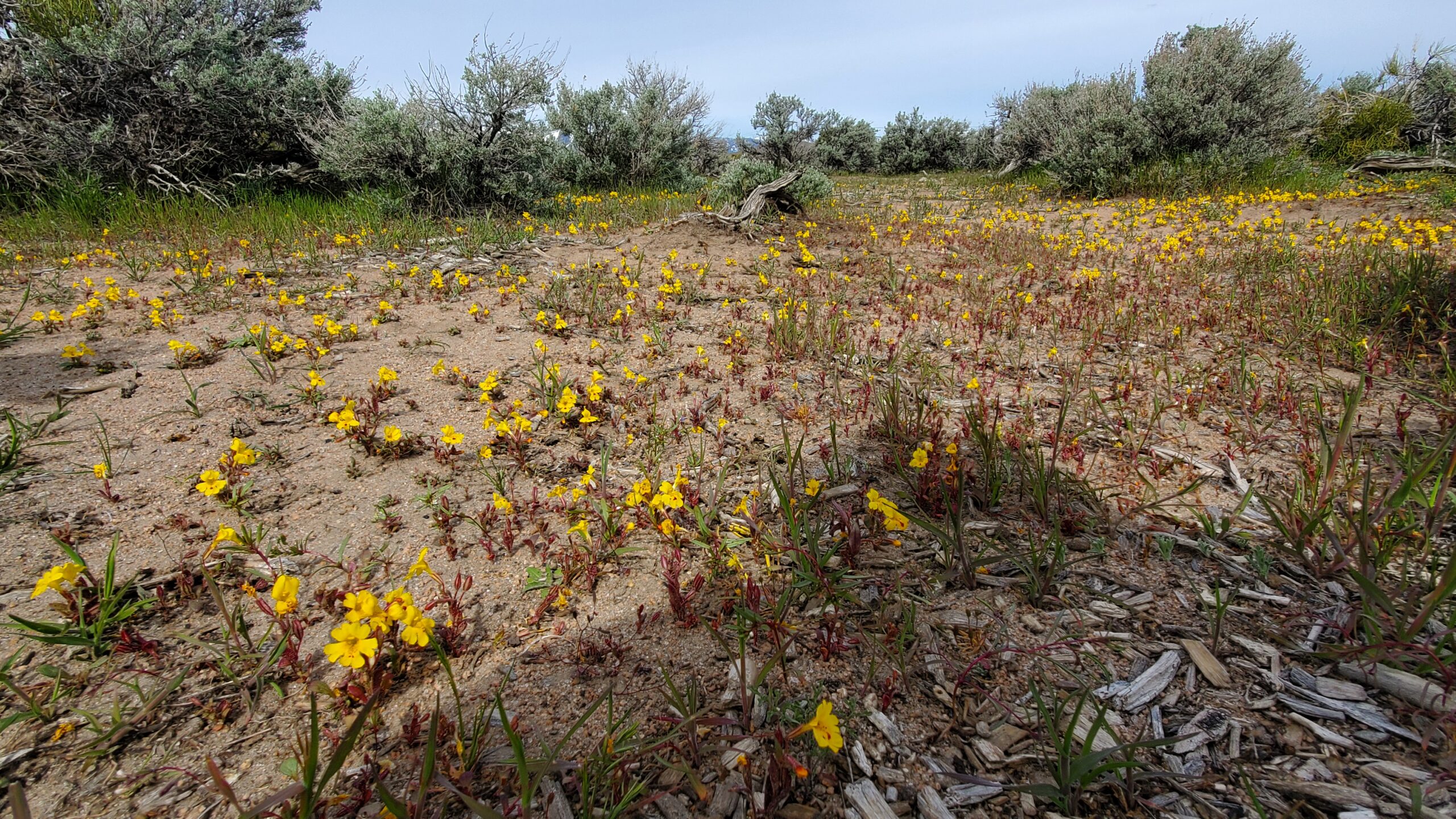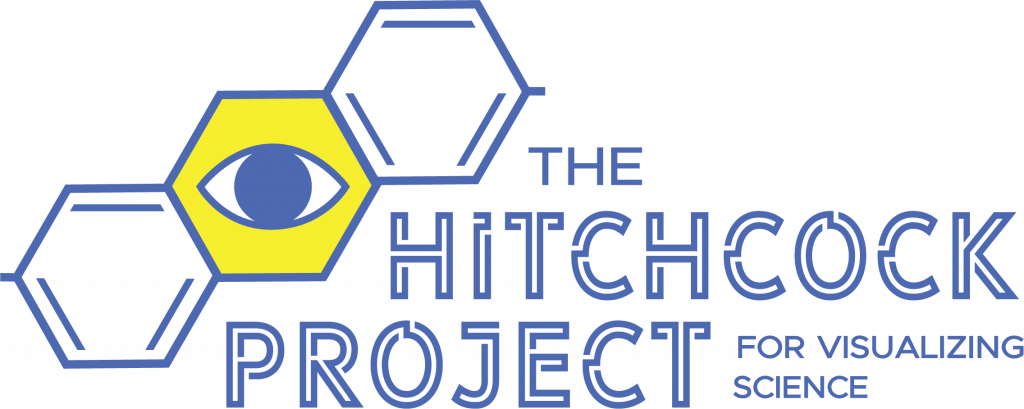What UNR Facilities Services Are Doing to Protect Indoor Air Quality During Wildfire Season
Cool wet weather patterns have recently been impacting Reno, but warmer days are coming. From drought to heat waves, Reno has seen its fair share of environmental issues over the last few summers, and Nevada has experienced some recent wildfires in which wildfire smoke has impacted the air quality index (AQI). However, at the University of Nevada, Reno, Facilities Services are beginning to tackle this issue.
“So one of the big initiatives we had has been tied to wildfire smoke,” said Joe Pelletti, Director of Facilities Services at UNR. “So we’ve been investigating filtration levels to deal with the high AQIs we’ve seen over the last couple of summers. So that is probably the biggest initiative that we’ve had underway.”
Some wildfires smoke from California has negatively affected the air quality in Nevada, such as the 2018 Camp Fire that was started by Pacific Gas and Electricity (PG&E) power lines. Or the Mosquito Fire in September 2022 that happened in Placer and El-Dorado counties that may have also been caused by PG&E equipment. UNR facilities are adapting and making changes for air-quality safety by using the air quality index to assess conditions during wildfire season.
“We’ve had some very high AQIs the last two summers,” said Pelletti. “Last summer we actually hit higher levels than the year before. So, we adjust the air and tank damper position. That is our primary defense to it until we can retrofit higher filtration levels in the buildings. So there’s some work going on on that now in the buildings that bring in a lot of outside air.”
Summer is known as fire season due to fire being initiated by high temperatures and lack of moisture or precipitation which has been ruled by fire officials as a cause for some grass wildfires. According to the National Wildfire Coordinating Group, “Fire activity peaks in summer due to increasingly warm and dry conditions and potential for wind and lightning with infrequent dry cold frontal passages.” High temperatures and more severe droughts in our area are also linked to climate change.
Climate change is making weather conditions more extreme in many ways, explained Nancy Markee, co-department chair and emeritus professor in the Department of Natural Resources and Environmental Science at UNR.
“When we talk about climate change, we know that it is not uniformed,” Markee said. “We used to talk about global warming, but now we talk about climate change instead because it’s more than just warming that’s occurring. In some parts of the world, it’s actually getting colder, in other parts of the world, it’s getting warmer. We’re seeing more extreme climate events.”
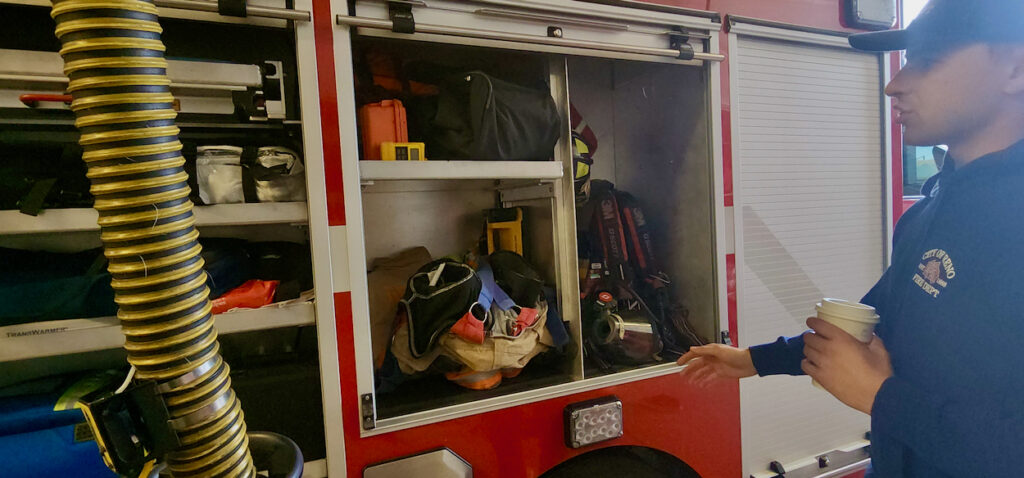
Just like homeowners and property owners have semi-annual safety tasks like checking batteries in smoke and carbon monoxide alarms on their property, UNR facilities staff have safety tasks as well, which keep the university’s human population safe during times of smoke or other climate extremes like heat or cold.
“So the other aspect of that making it safer, is we have a preventative maintenance program where we are checking on wear items and replacing them before they fail,” said Palletti. “So that gives us a higher up-time, if you will, on the system. We try to avoid unplanned failures to the extent we can, so that’s how we try to make them safer.”
Starting from scratch to build or create a new management or control system may be difficult. One adaptation to the modern system is that more control systems are becoming computer-controlled or automation system based rather than prior systems that were human-controlled.
“So we have a building automation system on campus which uses controls to monitor how the HVAC systems are being operated, that’s where a lot of your energy consumption is. So, we’re monitoring most systems, although some systems are so old, they’re not part of the modern system if you will. So we have a program to upgrade those controls but it takes quite a while to get everything to the same standard,” said Pelletti.
Robert Rincon is a journalism major at UNR and a student in the News Studio: Science Reporting class in the Reynolds School of Journalism.

